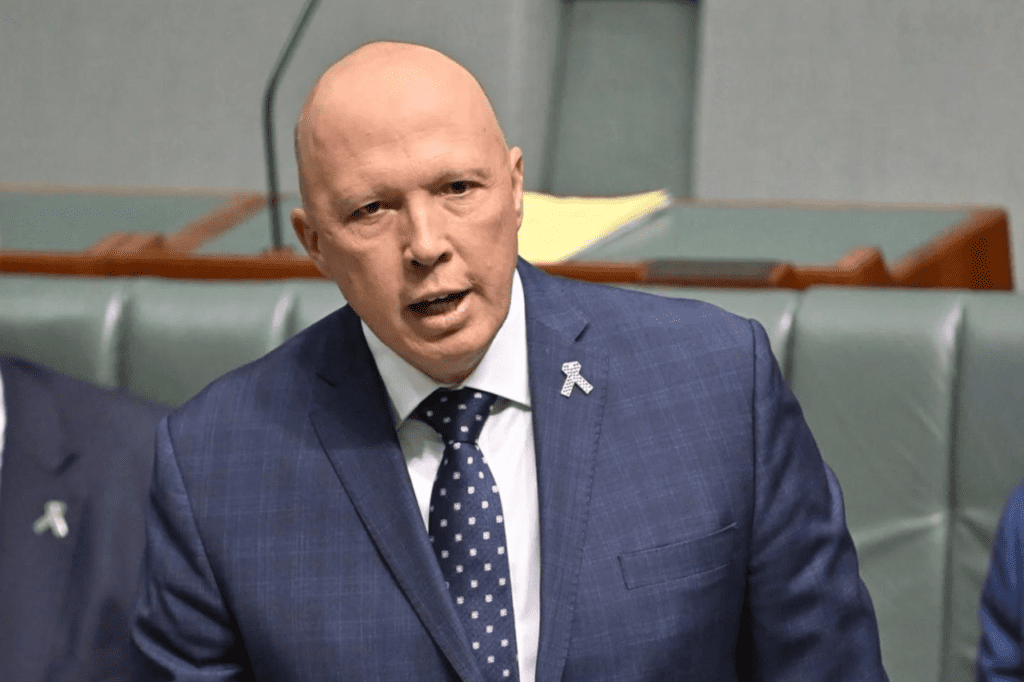Canberra, August 24, 2023
In a mounting dispute, Opposition Leader Peter Dutton has announced his intention to correspond with the Australian Electoral Commission (AEC), seeking clarification on the method employed to count “ticks” and “crosses” on ballots in the upcoming Voice to Parliament referendum. This move has elicited a strong response from the federal government, accusing Dutton of inconsistency given his Coalition’s support for the referendum legislation.
The debate emerged following comments from AEC commissioner Tom Rogers, who urged voters to use the English terms “Yes” or “No” on their ballot papers. Rogers explained that while there would be “savings provisions” in place to decipher voters’ intentions, a tick would likely be deemed a formal vote, whereas a cross would not. The AEC reasoned that a cross could be interpreted as a check mark, often associated with a “yes” indication, making it susceptible to scrutiny or dispute by scrutineers.
In response, Peter Dutton, in collaboration with Shadow Attorney-General Michaelia Cash, criticised this approach, describing it as flawed and biased. Dutton expressed his dissatisfaction on radio station 2GB, saying, “If a tick counts for Yes then a cross should count for no, it’s as clear as that. Australians want a fair election, not a dodgy one.”
In contrast, a government spokesperson dismissed Dutton’s concerns as “fantasy and fiction,” highlighting that the Referendum (Machinery Provisions) Amendment Bill 2022, which modernised the referendum process, garnered support from Dutton and the Coalition. The source emphasised that Australia’s democracy remains robust, and the ballot process for referendums mirrors that of general federal elections.
Dutton further argued that permitting ticks but not crosses would favour the “Yes” vote. He emphasised the need to avoid bias in a democratic election. However, the AEC maintained that the provision has been in effect since 1988 and is consistent with legal advice. The spokesperson highlighted that this protocol is not new and is a long-standing legislative requirement.
Addressing concerns about the informal vote rate, the AEC spokesperson noted that during the 1999 referendum, only 0.86 percent of votes were deemed informal, and many of these were not related to the tick and cross issue. The AEC expressed confidence that the vast majority of voters would follow the provided instructions.
As tensions escalate between Dutton and the federal government, the Australian public awaits further developments in this clash over the referendum voting method.
News sources: Abc.net.au and






